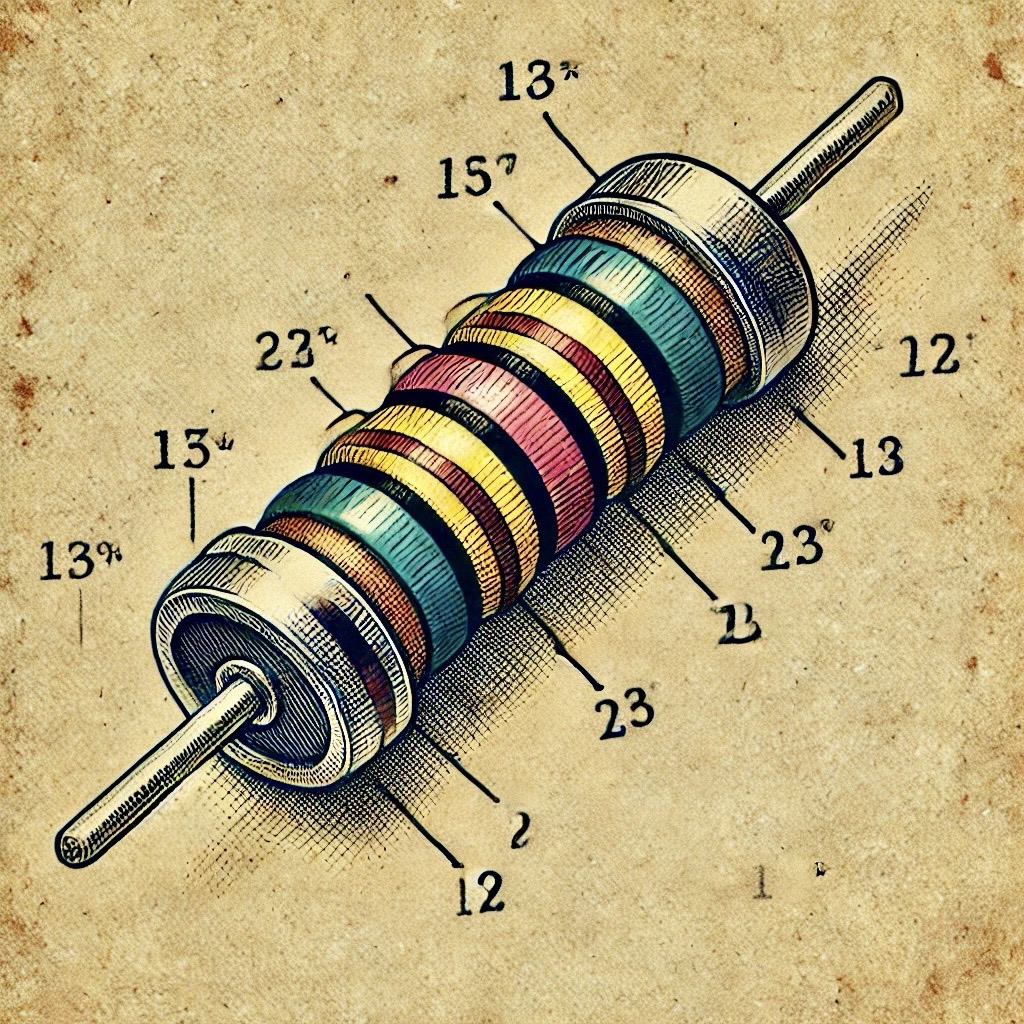Introduction
This tutorial demonstrates how to use a shunt resistor to measure current and calculate power in a circuit. Shunt resistors are commonly used for accurate current sensing in electrical systems, especially in high-power circuits.
Theory
A shunt resistor is a low-value resistor placed in series with the load to measure the current. The voltage drop across the shunt resistor is proportional to the current flowing through it. Using Ohm's law (I = V / R), the current can be calculated. The power consumed by the load can then be determined using the formula P = V × I, where V is the voltage across the load, and I is the current.
Circuit Diagram

This diagram shows the placement of a shunt resistor in series with a load in a typical circuit.
Required Components
- 1 x Shunt Resistor (e.g., 0.1Ω or 0.01Ω)
- 1 x Multimeter (current and voltage modes)
- 1 x Power Supply (DC Source)
- 1 x Load (e.g., Resistor, LED, or motor)
- 1 x Breadboard
- Connecting Wires
Experimental Setup
- Place the shunt resistor in series with the load.
- Connect the power supply to the circuit.
- Use a multimeter to measure the voltage across the shunt resistor and the load separately.
Procedure
- Set up the circuit as shown in the diagram, ensuring the shunt resistor is connected in series with the load.
- Turn on the power supply and check that the circuit operates correctly.
- Measure the voltage across the shunt resistor using the multimeter in voltage mode.
- Calculate the current through the circuit using Ohm's law: I = Vshunt / Rshunt.
- Measure the voltage across the load using the multimeter in voltage mode.
- Calculate the power consumed by the load using the formula: P = Vload × I.
- Vary the load (e.g., by using different resistors or LEDs) and repeat the steps to observe how the power changes.
Results and Observations
Record the following for each setup:
- Voltage drop across the shunt resistor
- Calculated current through the circuit
- Voltage across the load
- Power consumed by the load
Analyze how the power changes with different loads and compare the calculated values with theoretical expectations.
Applications
- Current sensing in high-power circuits
- Battery management systems
- Electric vehicle monitoring
- Power measurement in industrial equipment
Conclusion
In this experiment, we demonstrated how to use a shunt resistor to measure current and calculate power in a circuit. Shunt resistors are reliable and precise components for current sensing, enabling accurate power measurement in various applications.
